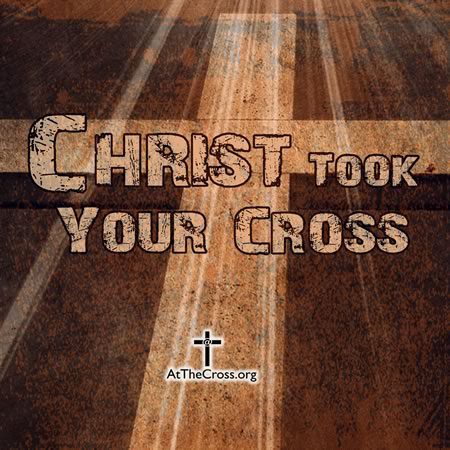The Bible teaches of a Substitutionary Atonement.
Barabbas was one curious character in the Bible to receive it. His name means son of a father, and we find that he has many similarities to us all.
In an interesting way, Barabbas embodies the person who was replaced as Christ died in his place. In short, Christ took his cross. In similarity, Christ took your cross!
The Old Testament’s sacrificial system gave us the idea of a Substitutionary Atonement, especially found in the Sin Offering of Leviticus. This was particularly apparent on Judaism’s most holy day of all, the Day of Atonement (also known as Yom Kippur; see Leviticus 16), where the high priest made atonement for the sins of all the people (Leviticus 16:15-17, 24). The Bible says this Substitutionary Atonement done by the high priest was a work done for all the people, as it was “for all the assembly of Israel” (Leviticus 16:17, 33), it was “for the people” (Leviticus 16:15, 24) and “for all their sins” (Leviticus 16:16, 21, 22, 34).
Substitutionary Atonement was life for life; one life had to be traded for another life. You sinned, so God’s Law demands that blood has to be shed, for without the shedding of blood there is no forgiveness of sins (Hebrews 9:22). “For it is the blood that makes atonement for the soul” (Leviticus 17:11).
Thus, Barabbas became a picture of you, as Christ suffered and died on a cross for his sins as well as yours. Barabbas was a sinner set to die… but then at the last moment, Christ took his cross!
The result? Barabbas was released and received freedom, although his sinful crimes made him guilty and deserving of torture and death. The result for Christ? He was delivered up to be tortured and crucified, although He was the only innocent man to ever be born into this world.
“For He made Him who knew no sin to be sin for us, that we might become the righteousness of God in Him.” (2 Corinthians 5:21)

